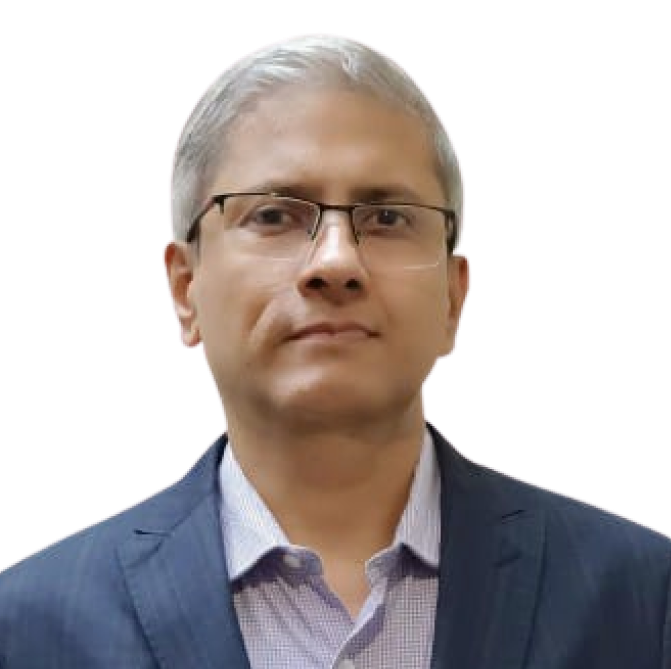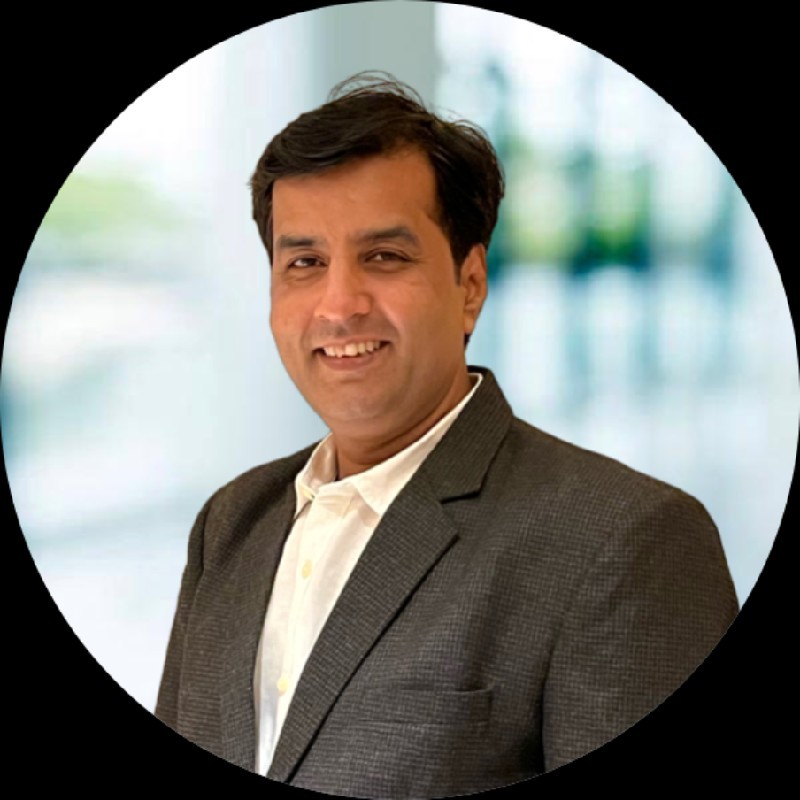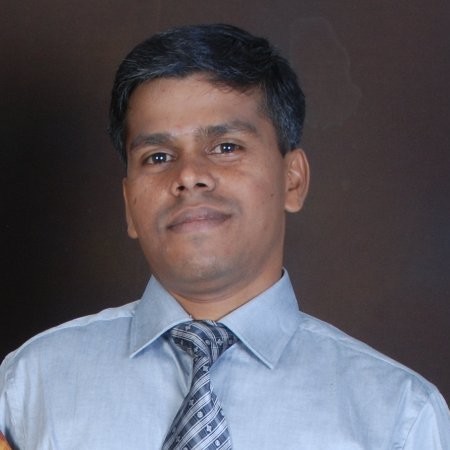You qualify for a free enterprise pass if:
1) Your company is an enterprise with data-center needs or energy network TSO/DSO driving smart energy infrastructure
2) You, as an individual, are directly engaged, as a management or technical professional in planning, strategy, systems design, sourcing, purchasing, procurement, adoption, implementation, integration and operations of an IT organization, data center or cloud services. Individuals with business development/marketing/sales titles or job responsibilities representing vendors and industry supplier/service provider firms do not qualify for an enterprise pass, and should apply for a VENDOR pass.
Individuals with business development/marketing/sales titles or job responsibilities representing vendors and industry supplier/service provider firms do not qualify for an enterprise pass, and should apply for a VENDOR pass.
Mumbai Cloud & Datacenter Convention & Awards Show Returns November 2024
The Indian Data Center & Cloud Market is taking giant leaps.
India is the second fastest-growing digital economy and it is projected that IT and Communications sector will double in size by 2025 to contribute US $355-435 billion to GDP. Nevertheless, nothing worth having comes easy!
Along with this exponent potential for growth in the Data Center, Cloud and Cyber Security market come the test of Performance, Flexibility concerns, Power management, Data Center staff productivity, Security & more…..
There are inherent limits to what Data Centres, Cloud & Cybersecurity can do! As tech enthusiast, we at W.Media will make sure that you all are well versed with all the current & future updates of the industry. This Physical Conference will take you through the pressing reformations of Datacentres, Cloud & Cybersecurity mitigations and how they are framing the future.
Mumbai’s continuing growth as an economic, cultural and population hub has propelled it to the status of an economic alpha city, the commercial capital of India and to a global mega city. This status is reflected also in its digital and tech status. The city is home to a number of global tech giants; technology is actively supported by the Maharashtra Government and talent can be sourced from local tertiary institutions. Digitalisation is driven by a number of key local industries – finance, creative industries, education, manufacturing, logistics – so the key sources of demand are already close to hand. This raises a number of key questions for local data centres including:
Artificial Intelligence has been around for some time – the term was first used almost 70 years ago. In its most recent incarnation it seems to have arrived quickly into the data centre eco-system and is now considered a major source of future growth for the data centre sector although there are a wide range of projections as to precisely how much growth there will be over the next few years. In this context this power panel will share its insights into this key demand trend:
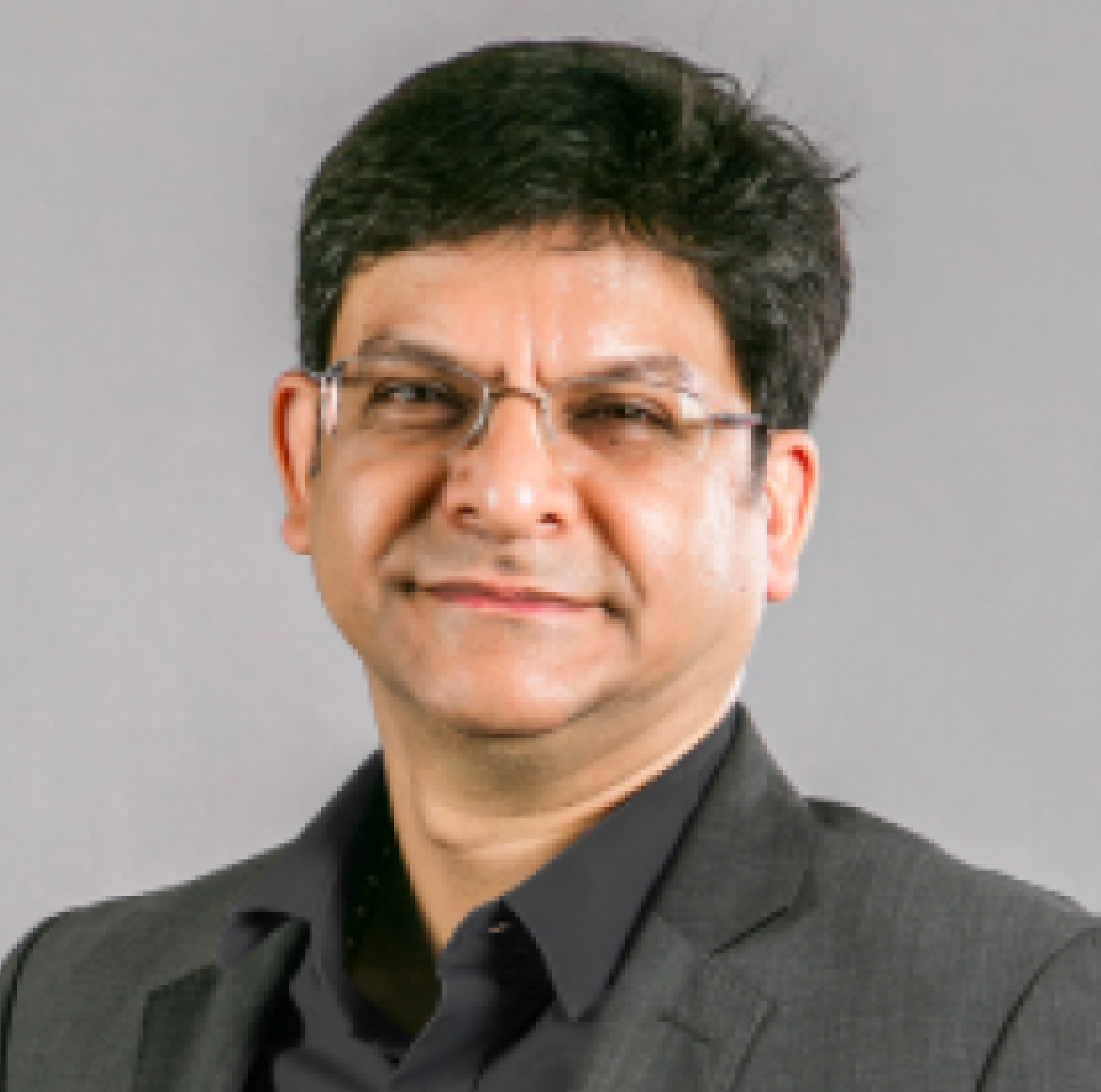
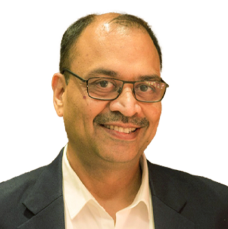

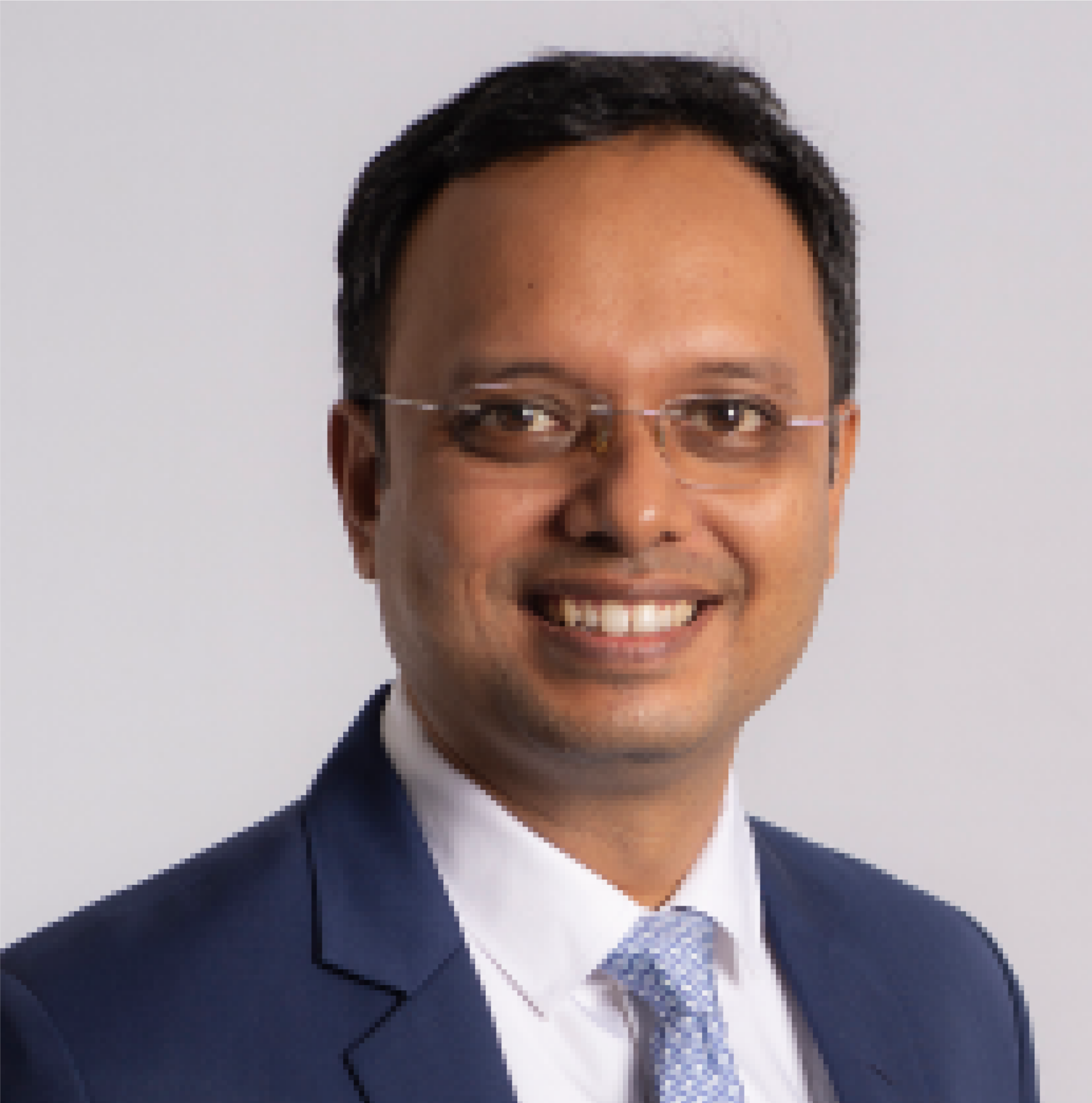
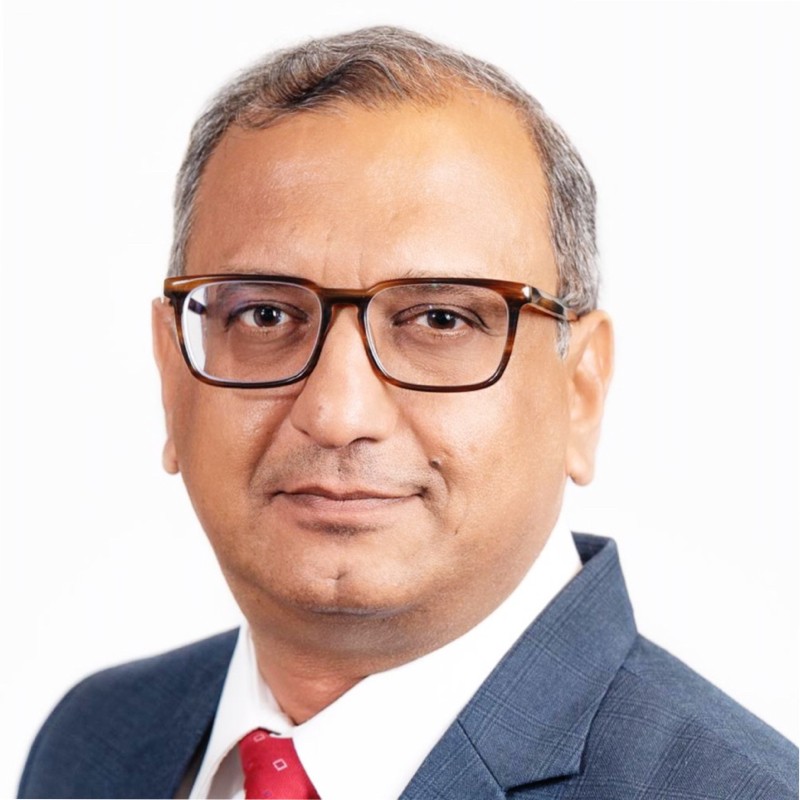
How is an ‘AI data centre’ different from other data centres in terms of design and operation? What are the specific requirements of fit out to prepare for an AI workload? How is it possible for data centre equipment to future proof?


The speed at which digital services are evolving and increasing their reach represents a challenge for legislators. Technology moves at speed and key players know that time lost in commercializing technologies and building data centres is money lost also. Governments will be slower in their considerations and this creates a widening gap. There are many areas that legislation can and has touched in terms of data centres – location and build, resource consumption, HR practices, Data sovereignty, security of data among others. Where will the legislative focus lie moving forward?
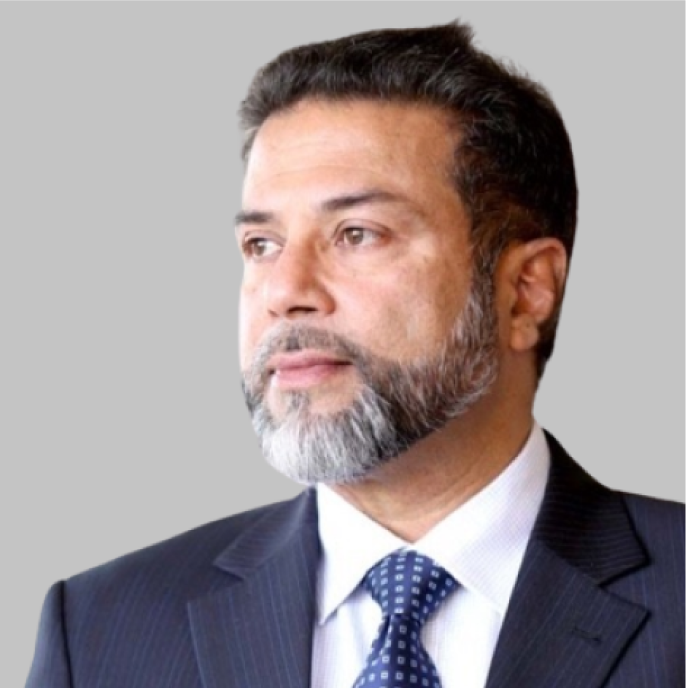
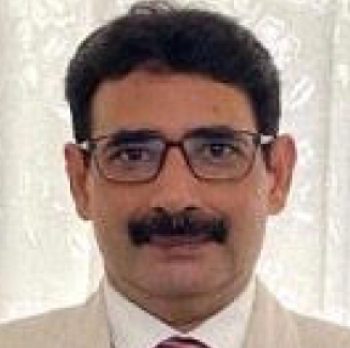
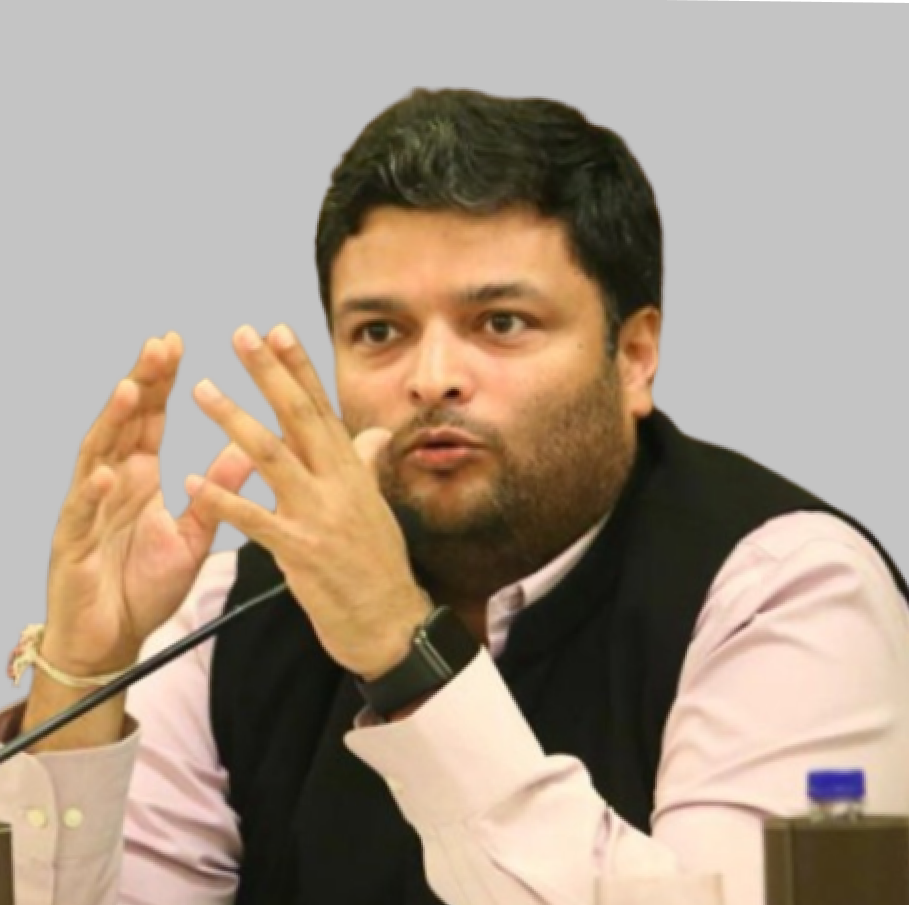
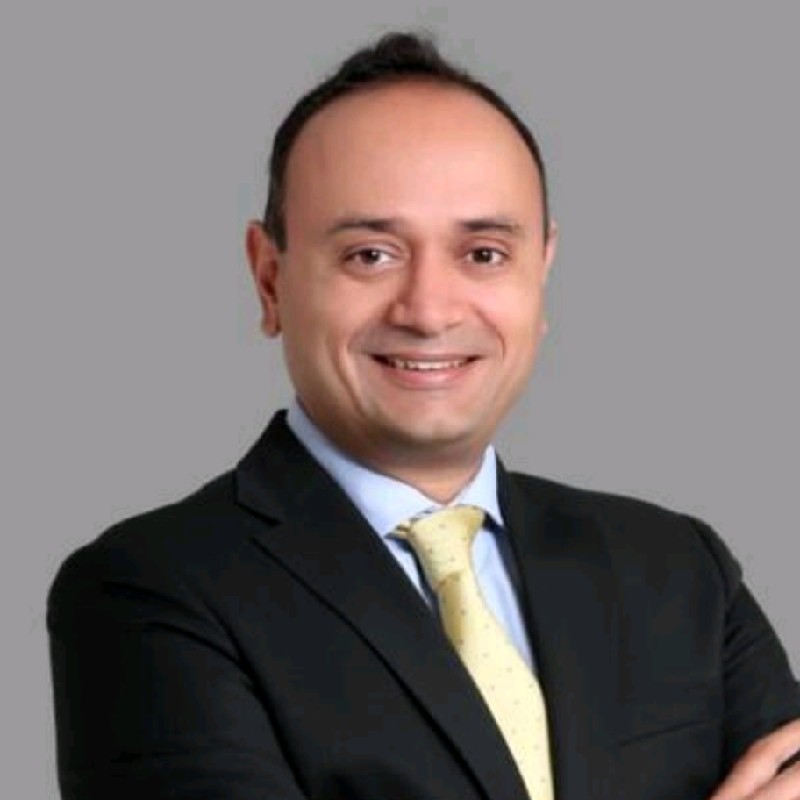
The future for Mumbai’s data centres will be based on increasing demand for their services. Therefore, unless sufficient new data centres are built to cater for greater demand, some or most of the workload will fall to existing data centres. Greater demand will lead to increased IT load in existing data centres which can support that and this will means the upgrading of power distribution and cooling:
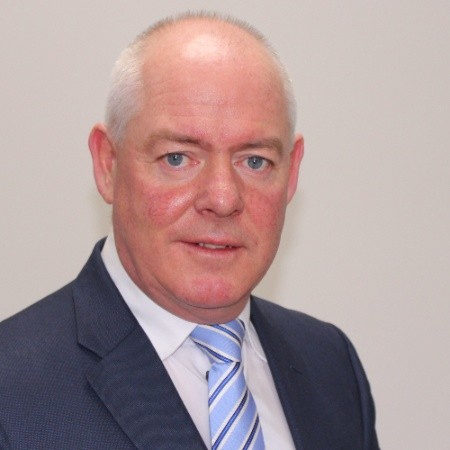


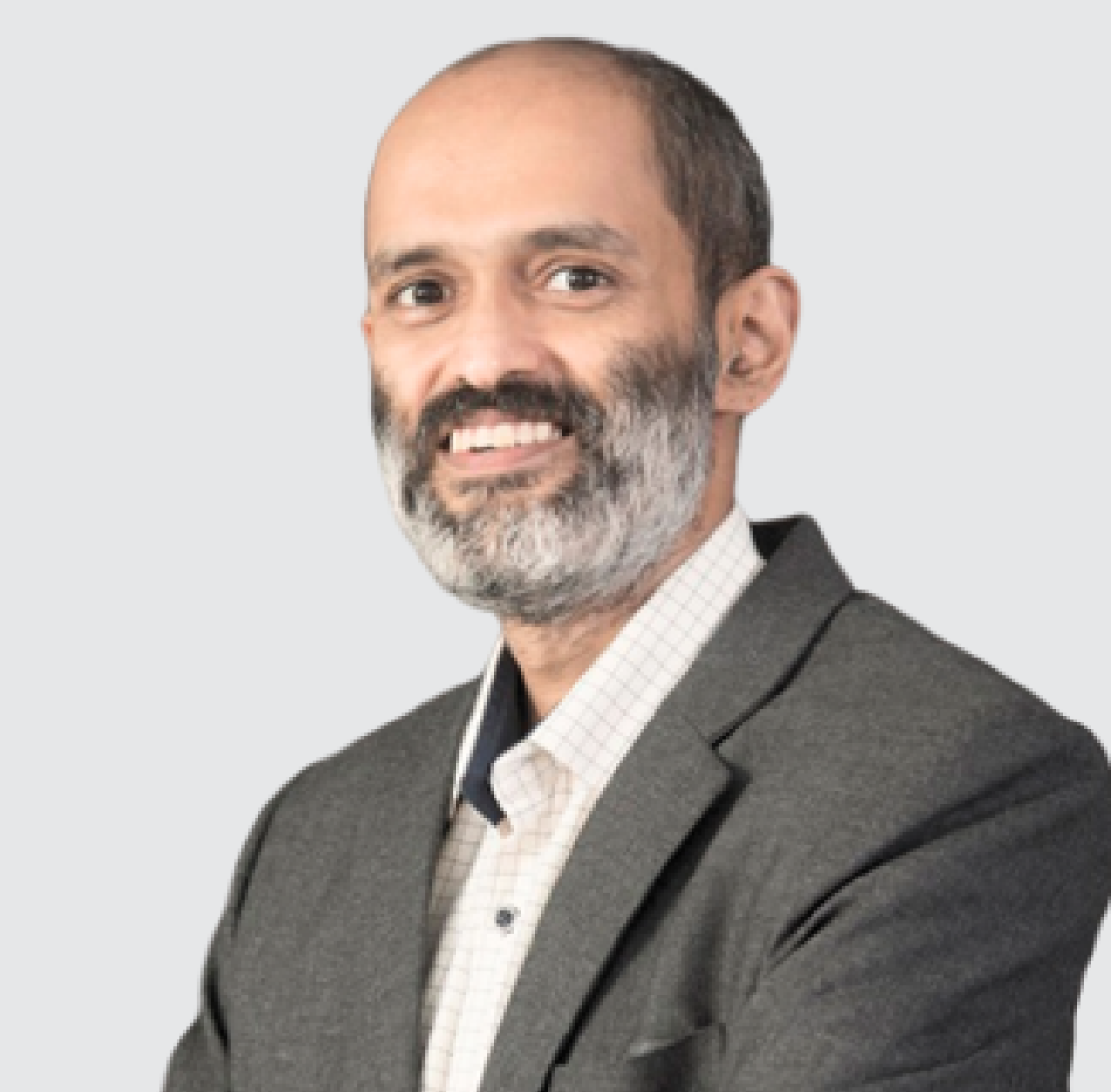
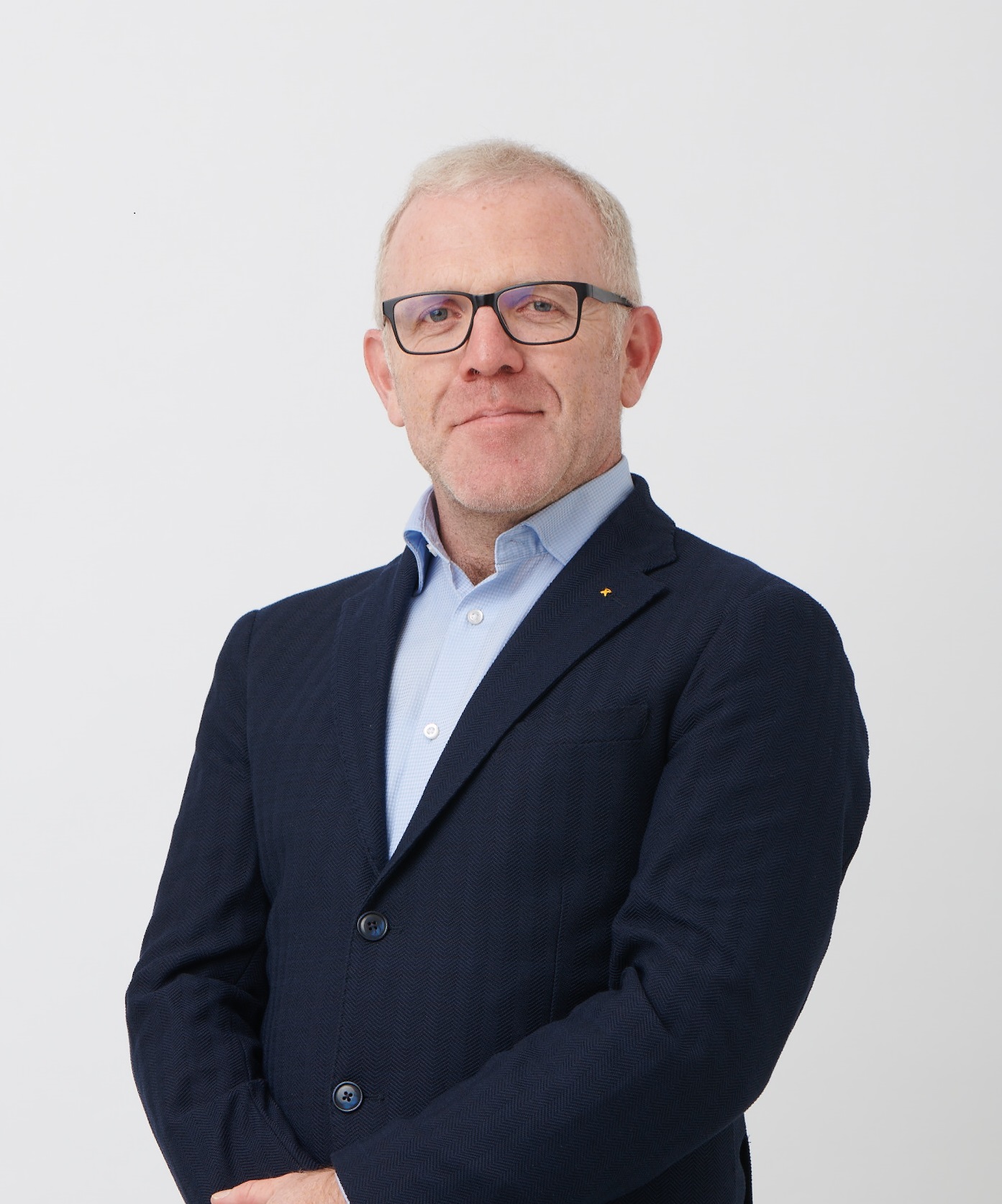
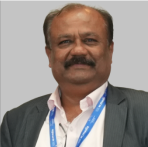
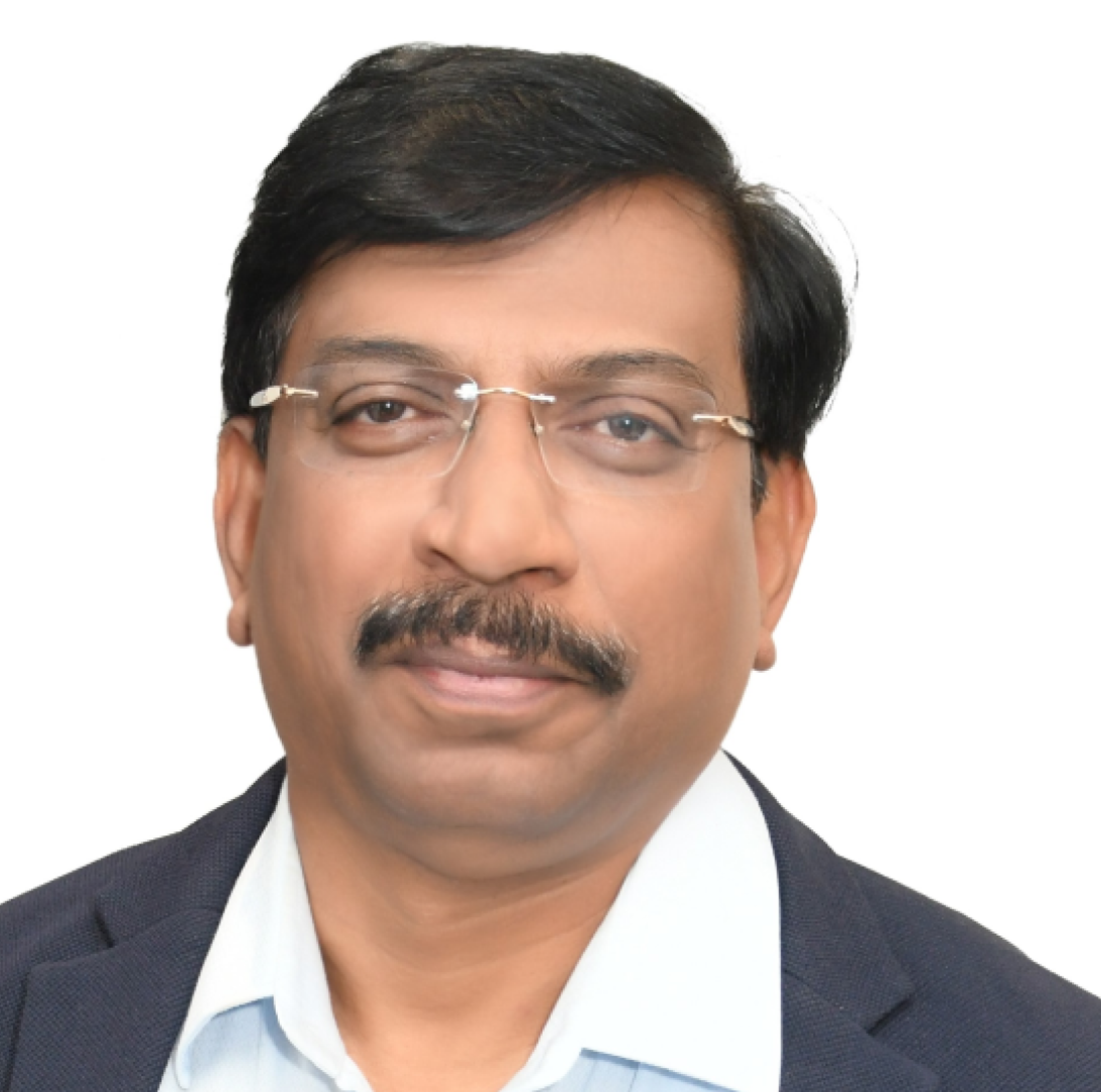
Automation has long played a role in data centre operations but over recent years its role has increased. This is due to advances in automation technologies and systems, to a growing industry requirement to reduce the risks associated with running data centres (including human error) and to external events such as COVID which reduced the number of humans working inside data centres. Our expert panel will discuss:
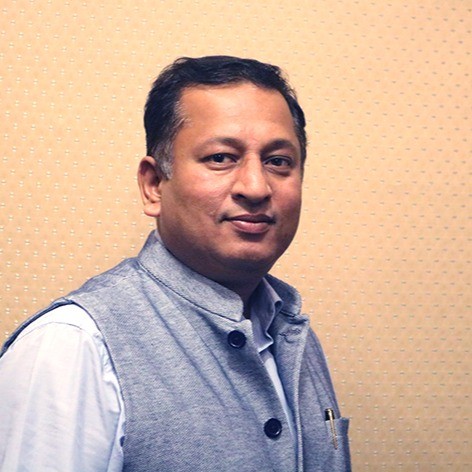

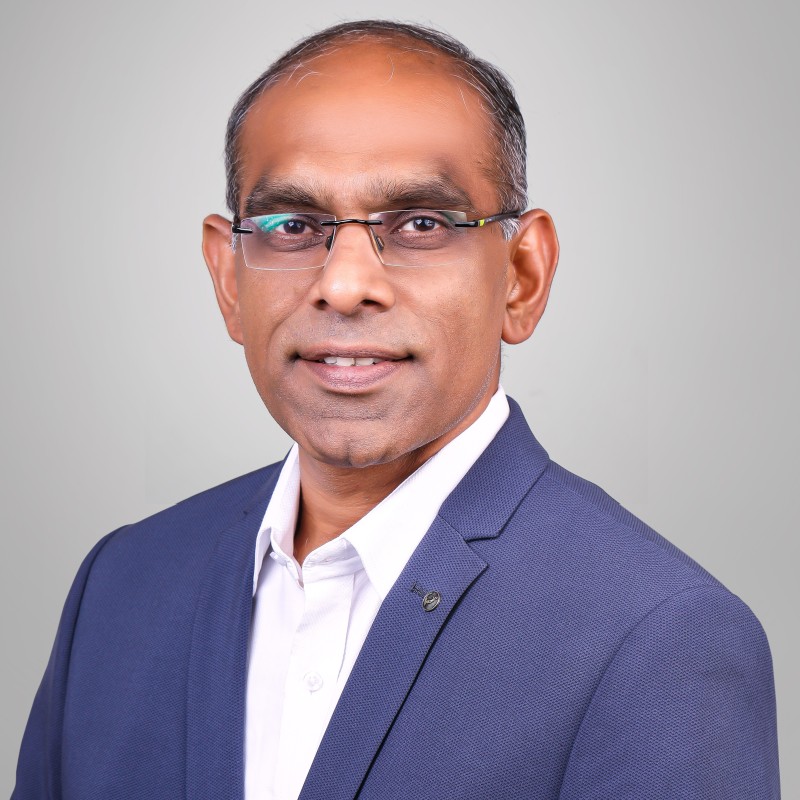
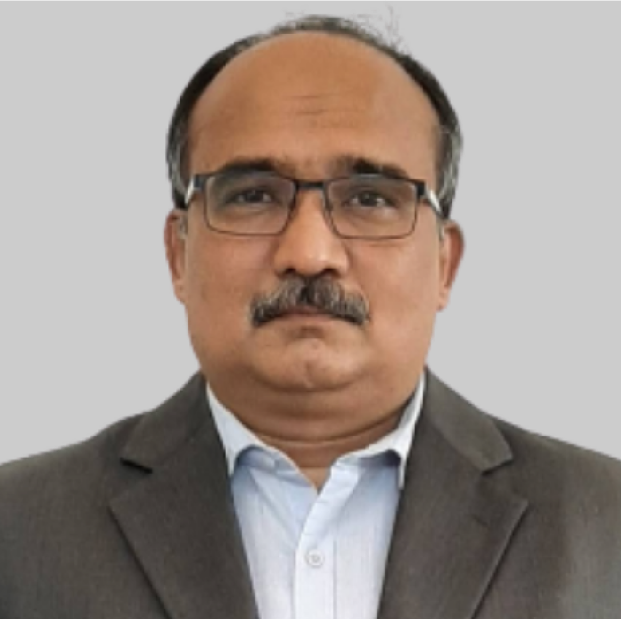
Data centres have attracted considerable attention as key enablers of the digital economy and society. Yet, as recent mergers and acquisitions have indicated, investor interest in data centres is healthy and the sector has an important function as a real estate asset class. How do Real Estate investors view the sector and its future prospects? What are their views on the opportunities presented by hyperscale in India? What are their bases for this view?
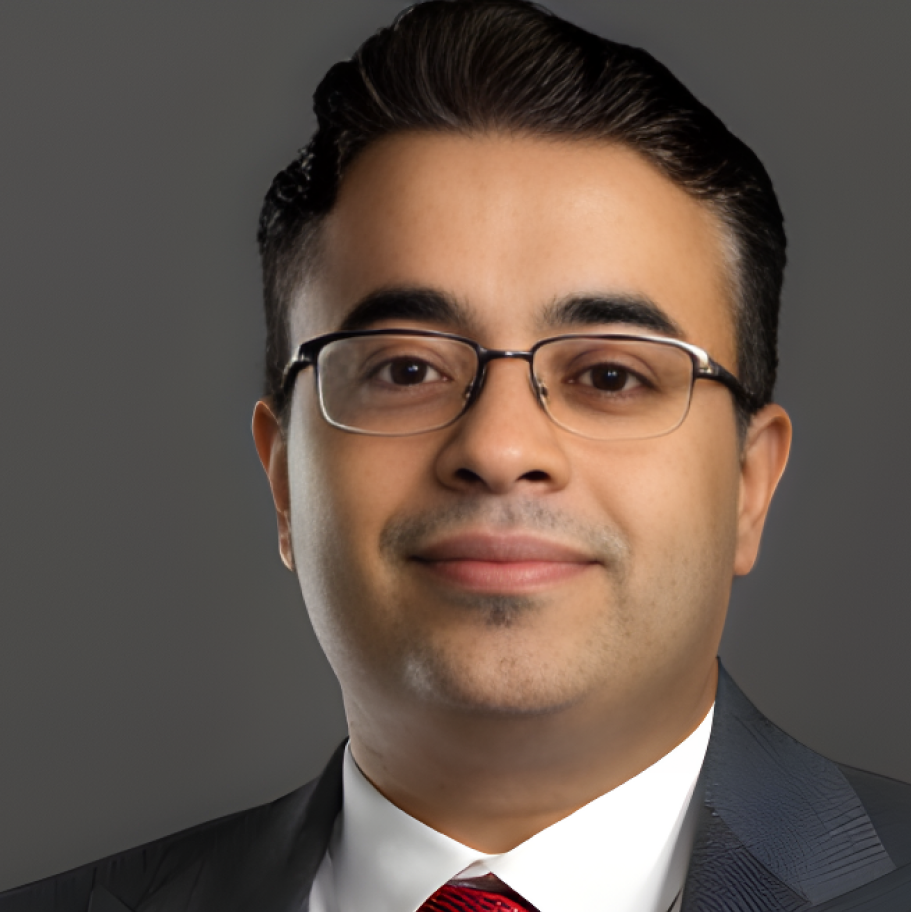
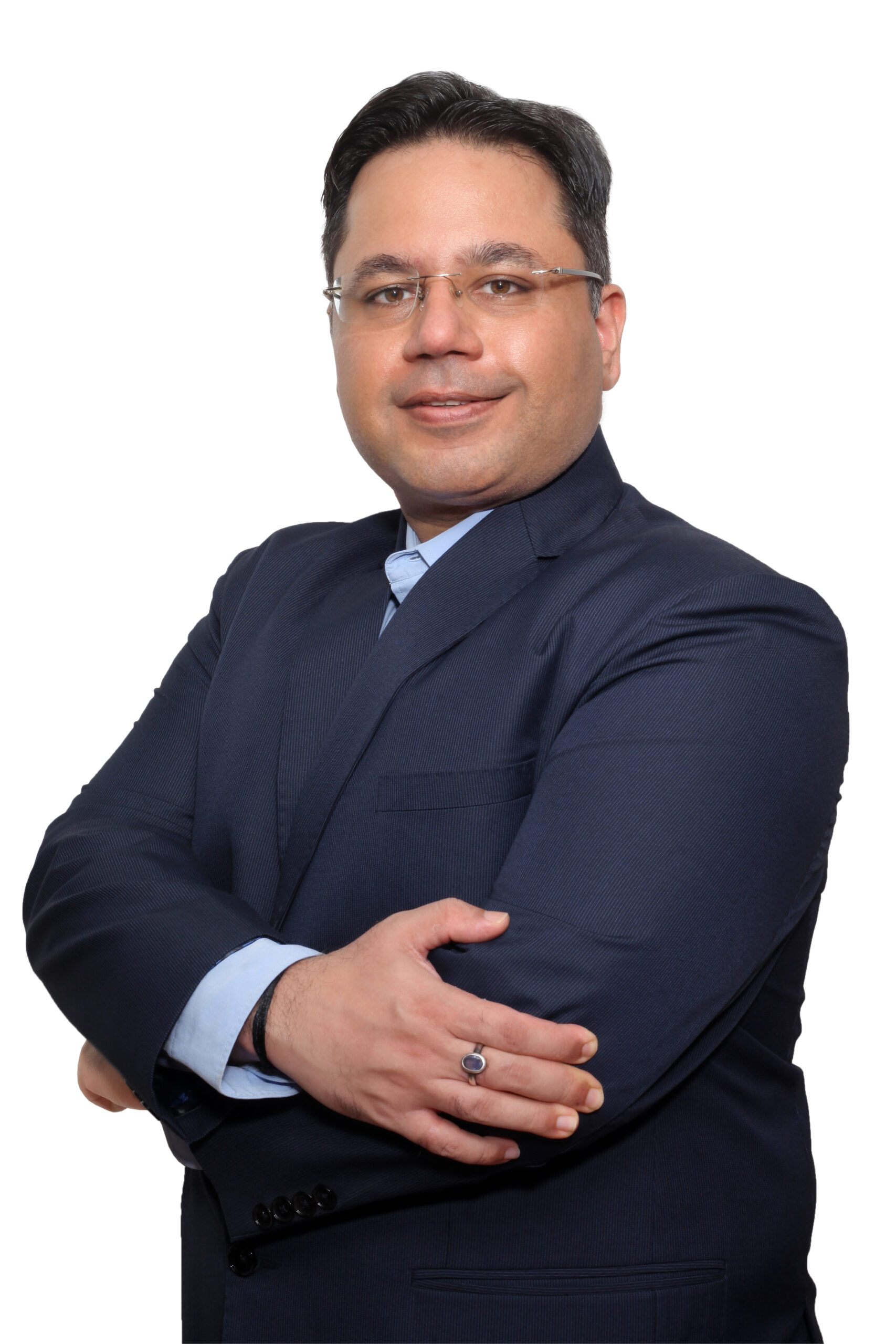
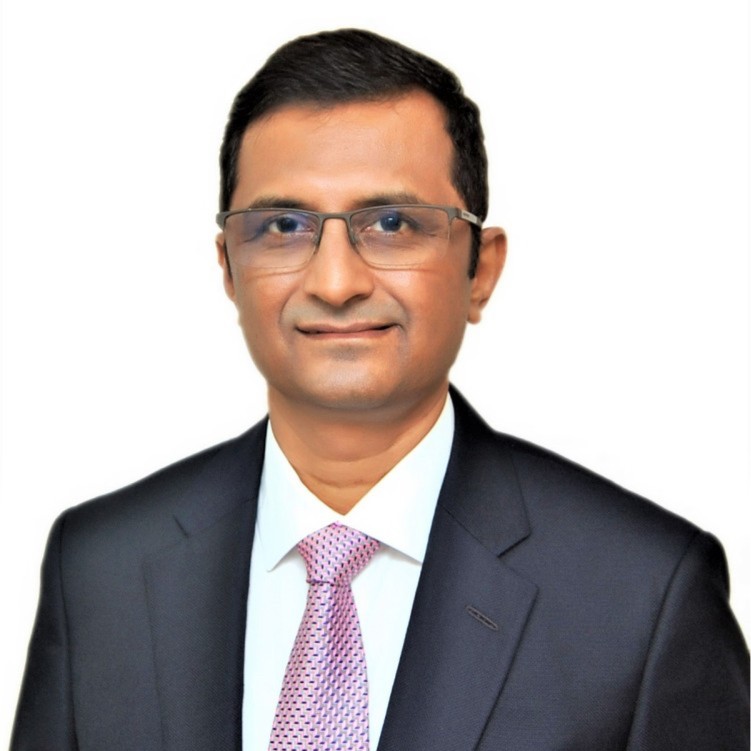
Edge as an IT delivery architecture still tends to be viewed as a niche rather than as a mainstream option. In part this may be due to some issues of definition and deployment uncertainty. It is possible that just as global cloud providers became associated with ‘hyperscale’ so the technologies driving digital transformation may become associated with Edge. Our expert panel will delve into this scenario:
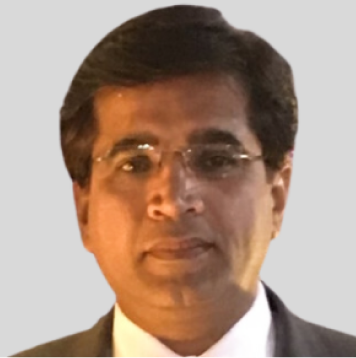
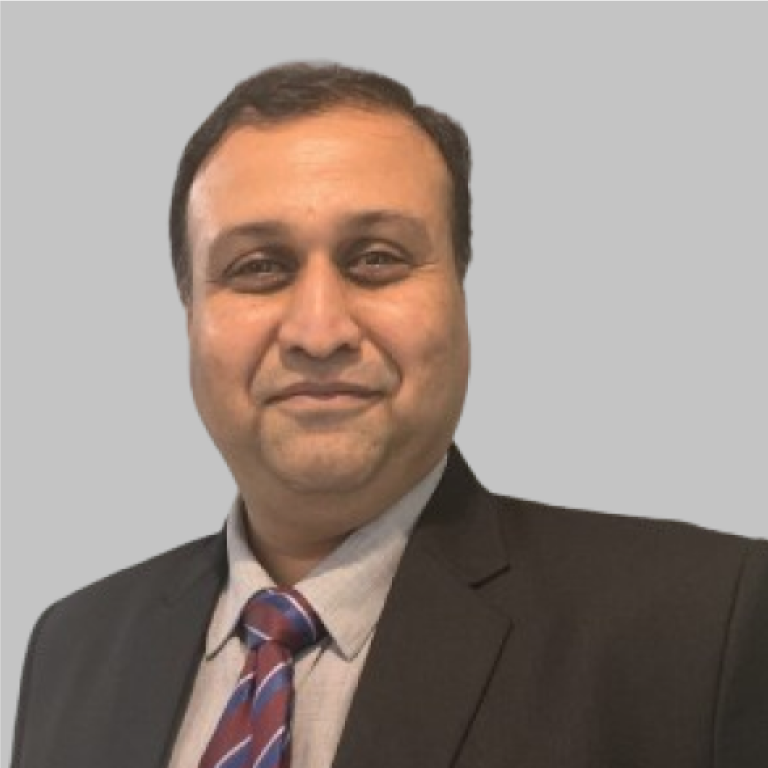

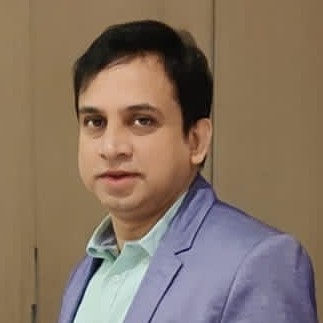

Each successive generation of IT applications and services requires more power and greater connectivity to function. With more people in India also joining the digital world, the power capacity of data centres across India increased by a factor of almost five between 2014 and 2024 and some projections suggest that it will more than double by the end of the decade. This raises some big questions for data centre owners, operators and customers:
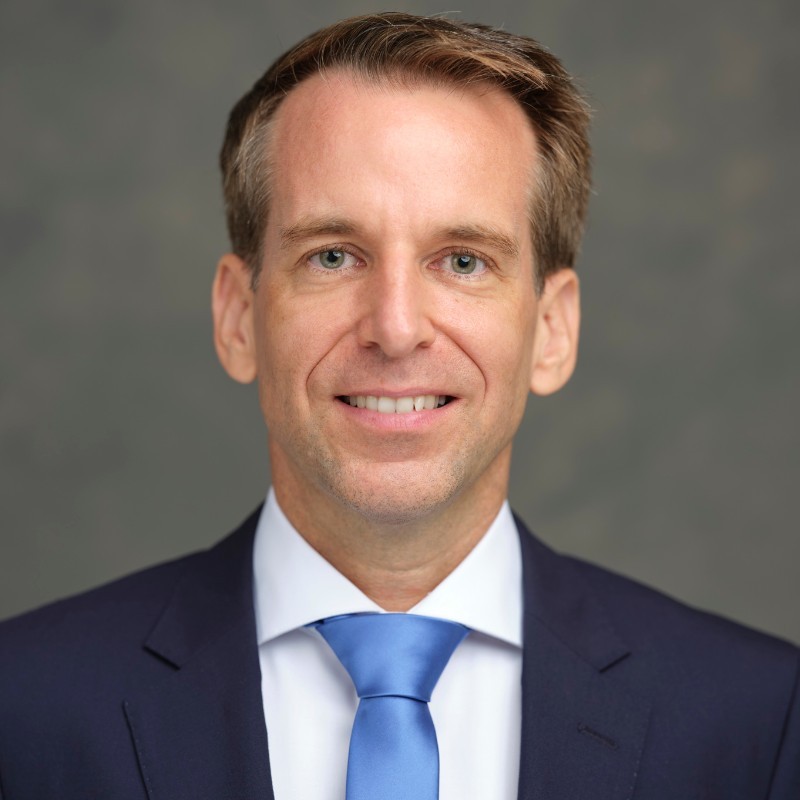
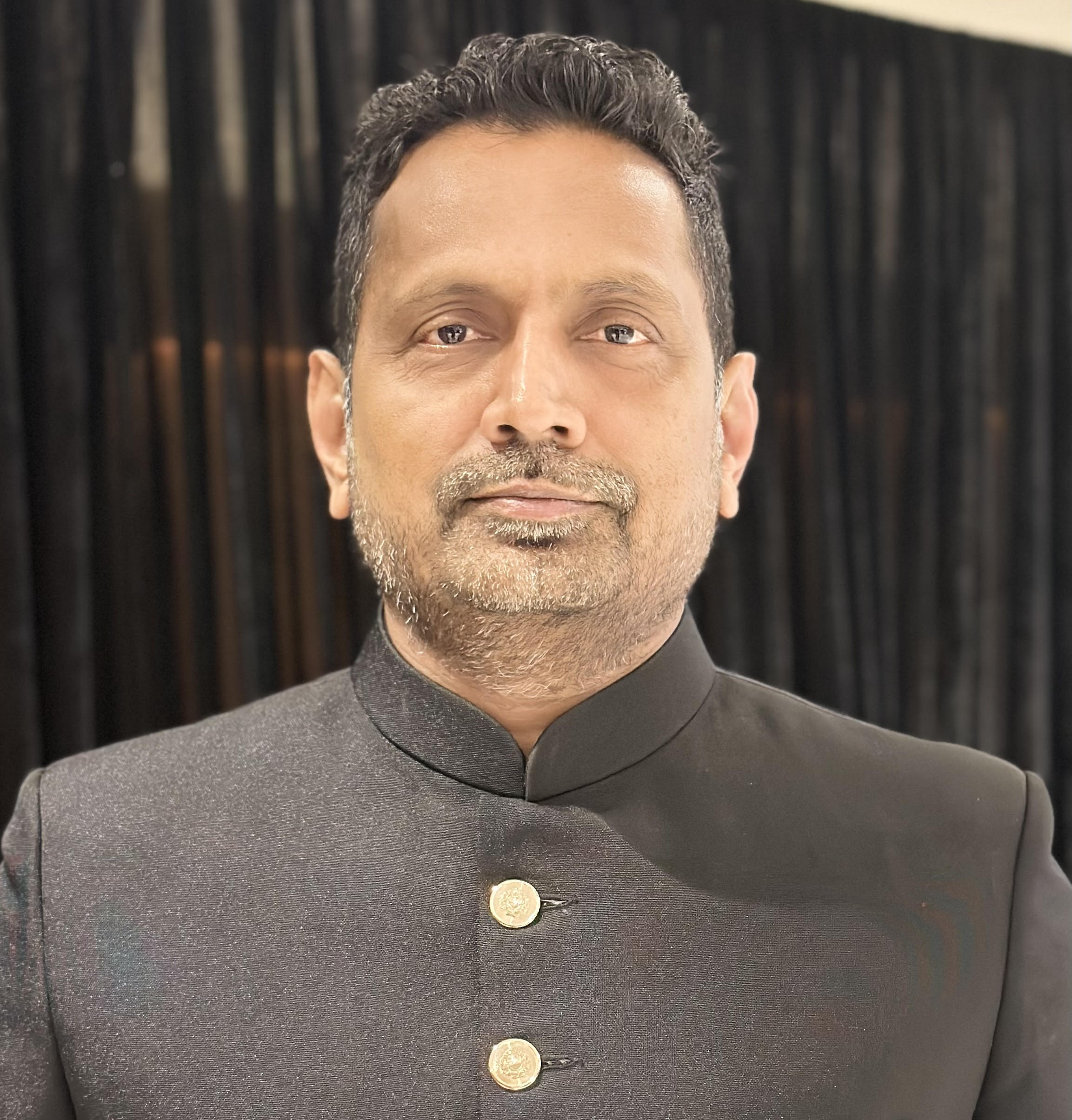
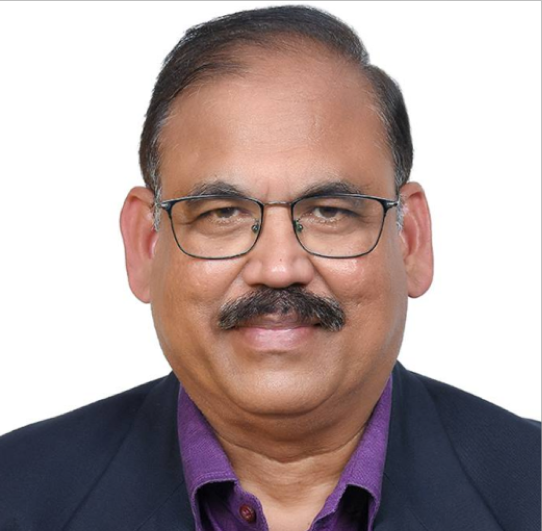

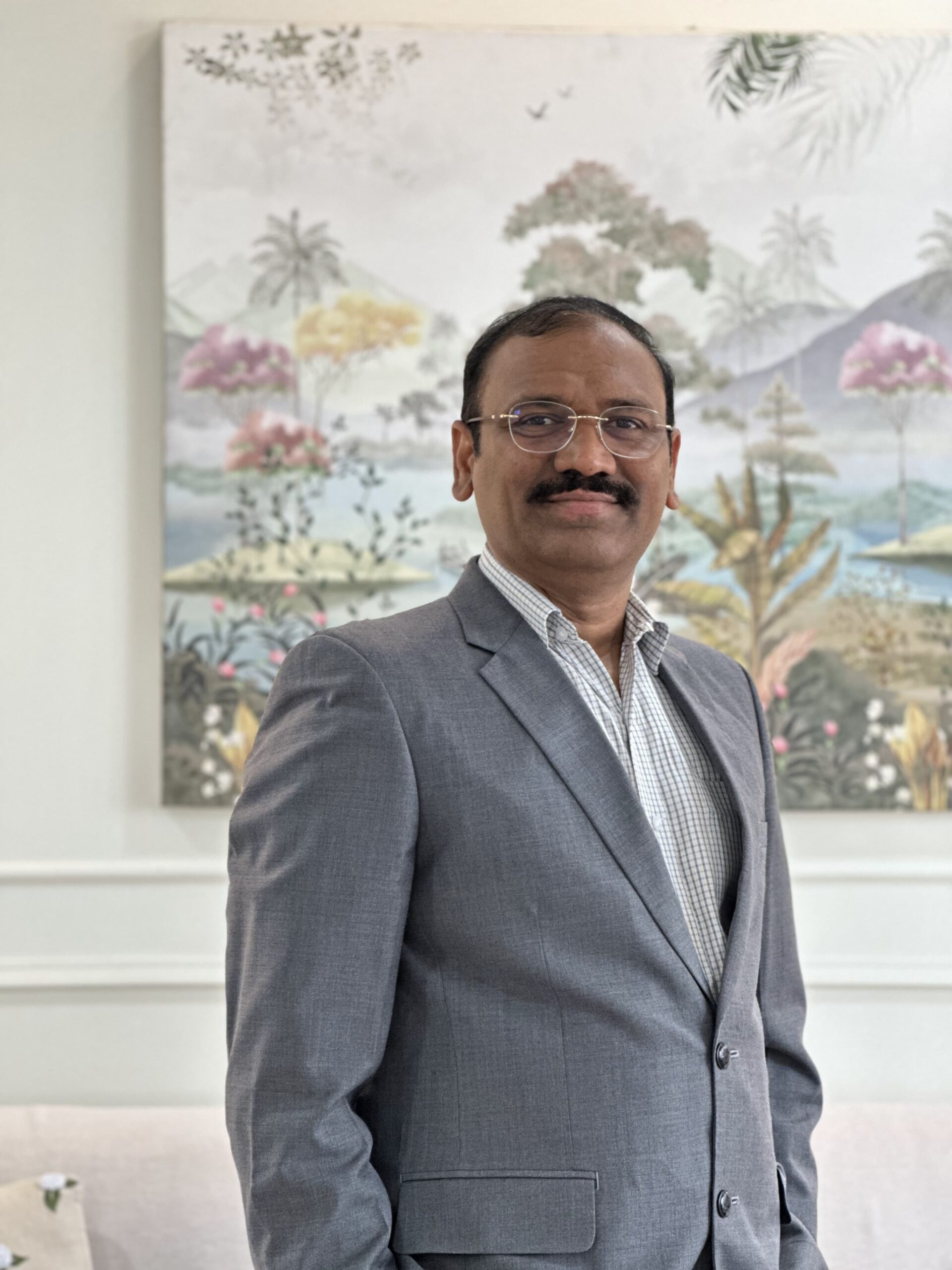

The very strong projected growth of demand for data centre services raises questions of the energy, environmental and social costs of such expansion, which this panel will consider:
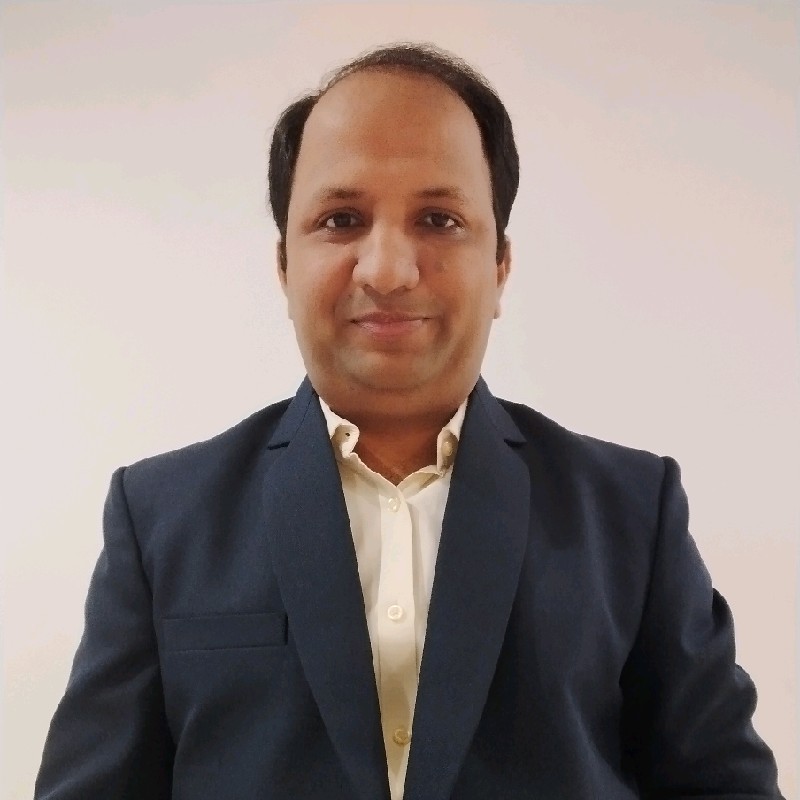




A considerable amount of industry and mainstream media coverage has been devoted in recent years to the rise of AI. Yet AI is just one of a number of emerging digital technologies which offer future opportunities for digitalisation inside and outside the data centre. This panel will look at blockchain:
